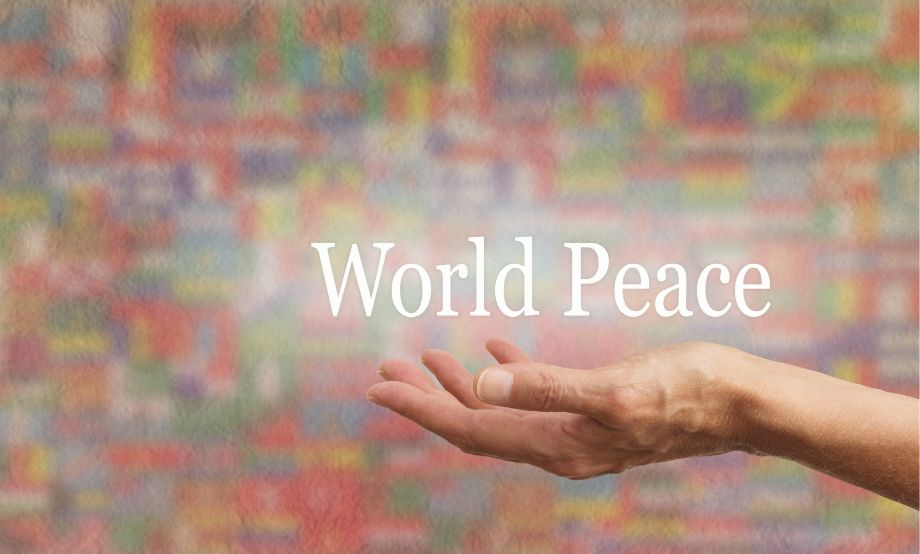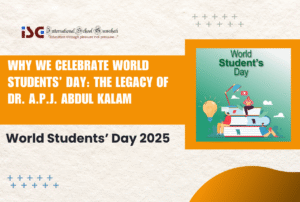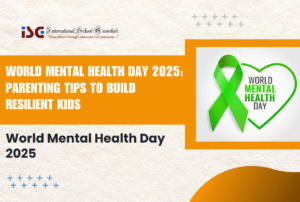![]()
If you are reading this article then you are amongst the fortunate few who received education. And with the current situations prevailing in the world like inequalities, poverty, and war, the importance of education in our lives is nothing but rising by the day.
Education is a fundamental element of the UN’s peacebuilding efforts. In order for peace-building programs to maintain their sustainability, it is crucial to undergo a transformation in views towards war and violence. As it is resulting in a long-term shift in behavior that actively pursues alternative solutions to armed conflict.

5 Key Points on the Importance of Education
1. Education enhances self-assurance and optimism.
As early as 500 B.C., Confucius expressed the idea that education fosters self-assurance. Confidence engenders optimism. Optimism fosters tranquility. Confidence is the conviction in one’s ability to achieve success and a feeling of self-assurance.
Acquiring knowledge is a crucial factor in boosting one’s self-assurance. Because it enables individuals to experience a sense of achievement, become more courageous, and develop in unforeseen ways. This sense of confidence and self-assurance then ignites drive and optimism. This is what Confucius refers to as hope, to strive for peace.
2. Education Opens Doors.
Undoubtedly, acquiring education focused on peace directly contributes to an overall improvement. This encompasses one’s professional prospects, increases employment options, and enhances the likelihood of earning better income. The previously unattainable aspirations, such as pursuing a career in medicine or law, are now within the realm of possibility for girls residing in the distant villages we collaborate with.
Upon establishing these professions, numerous individuals return to their towns to contribute to their economic well-being and provide assistance to their families, frequently advocating for harmony.
3. Only Education Can Eradicate Poverty.
Envision a perpetual state of discomfort, malnutrition, and anxiety, with no knowledge of the source or certainty of your next meal. This apprehension frequently gives rise to fury, and fury to aggression. The combination of education, particularly when coupled with technical training, has been empirically demonstrated to alleviate poverty. One key motivator behind the pursuit of peace is education. Education brings about knowledge, authority, protection, stability, and tranquility.
4. Education Reduces Terrorism and Militancy
There was a poll conducted by the University of Maryland School of Public Policy. It found that women with lower levels of education are more inclined to endorse militancy and terrorism. In a manner of saying, lack of education and knowledge leads to these kinds of violent groups forming in different parts of the world. Therefore, international education that promotes global unity and peace is the need of the hour.
Conversely, women with higher levels of education are less likely than educated males to support such ideologies. If a woman opposes it, she can perhaps persuade her husband, children, relatives, and community members to also withhold their support.
5. Education Cultivates Empathy, Respect, & Tolerance
The Human Rights conventions declare: “Education must prepare a child for responsible life and effective participation in a free society in a spirit of understanding, peace, tolerance, equality of sexes and friendships among all peoples, ethnic, national and religious groups and persons of indigenous origin.”
The importance of education in our lives lies in the fact that the hours we spend at schools, colleges, or any other institution, teaches us values in life. These values include respect for others, empathy and tolerance towards humans and other creatures.

Final Words
Peace education for all is fundamentally grounded in the core principles of nonviolence and social justice. Nonviolence is demonstrated by upholding principles such as the recognition of human rights, the promotion of freedom, and the cultivation of trust. Social justice is achieved by the application of concepts such as equality, responsibility, and solidarity.
To attain these principles, peace education programs worldwide tackle a diverse array of topics. The topics encompassed are nonviolence, conflict resolution strategies, democracy, disarmament, gender equality, human rights, environmental stewardship, historical knowledge, effective communication abilities, coexisting, and fostering international understanding and embracing variety.
Also Read: The Amazing Benefits of Reading Comics as a Child.








